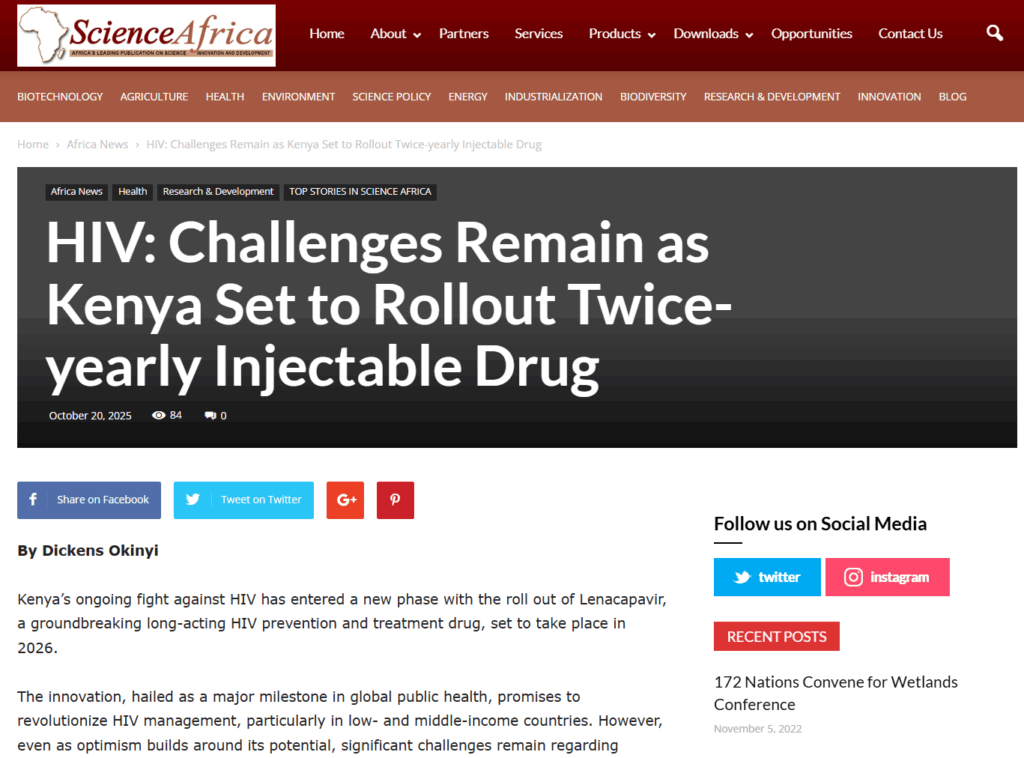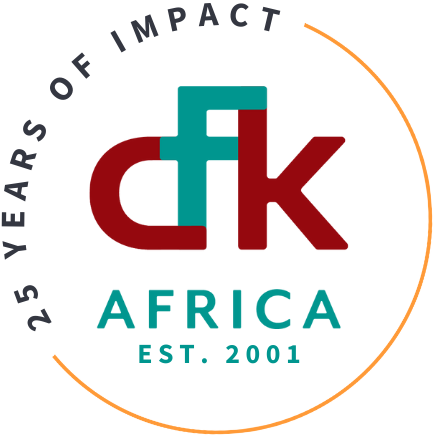Kenya’s ongoing fight against HIV has entered a new phase with the roll out of Lenacapavir, a groundbreaking long-acting HIV prevention and treatment drug, set to take place in 2026.
The innovation, hailed as a major milestone in global public health, promises to revolutionize HIV management, particularly in low- and middle-income countries. However, even as optimism builds around its potential, significant challenges remain regarding accessibility, affordability, and implementation across Kenya’s diverse populations.
Jeffrey Okoro, the Chief Executive Officer of CFK Africa, an international nonprofit that empowers youth in slums through integrated health and leadership initiatives, has highlighted both the promise and the constraints surrounding the rollout of Lenacapavir.
According to Okoro, Kenya has experienced a rise in new HIV infections, especially in counties hosting universities and colleges, where youth vulnerability and risky sexual behavior are prevalent. The introduction of Lenacapavir could be a game changer, but its high cost risks locking out many of those who need it most.
“This is a significant advancement in HIV prevention and treatment worldwide, and this medical breakthrough provides a real opportunity,” he said.
“In our local context, these shots are especially promising for healthcare workers at higher risk of HIV exposure, such as maternity staff who frequently come into contact with blood and bodily fluids. We know that the purchasing power of residents of informal settlements is limited, and the $40 cost per shot will remain out of reach for many.”
Read the full article on Science Africa.

